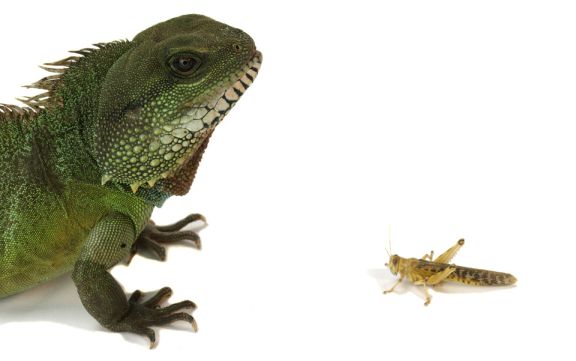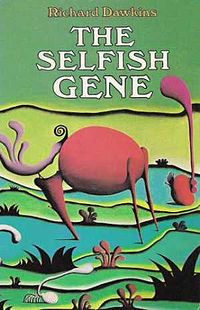- HOME
- INTRO TO THE FORUM
- USE AND MISUSE
- BADLY WRITTEN, BADLY SPOKEN
- GETTING
TO KNOW ENGLISH - PREPARING FOR ENGLISH PROFICIENCY TESTS
- GOING DEEPER INTO ENGLISH
- YOU ASKED ME THIS QUESTION
- ADVOCACIES
- EDUCATION AND TEACHING FORUM
- ADVICE AND DISSENT
- MY MEDIA ENGLISH WATCH
- STUDENTS' SOUNDING BOARD
- LANGUAGE HUMOR AT ITS FINEST
- THE LOUNGE
- NOTABLE WORKS BY OUR VERY OWN
- ESSAYS BY JOSE CARILLO
- Long Noun Forms Make Sentences Exasperatingly Difficult To Grasp
- Good Conversationalists Phrase Their Tag Questions With Finesse
- The Pronoun “None” Can Mean Either “Not One” Or “Not Any”
- A Rather Curious State Of Affairs In The Grammar Of “Do”-Questions
- Why I Consistently Use The Serial Comma
- Misuse Of “Lie” And “Lay” Punctures Many Writers’ Command Of English
- ABOUT JOSE CARILLO
- READINGS ABOUT LANGUAGE
- TIME OUT FROM ENGLISH GRAMMAR
- NEWS AND COMMENTARY
- BOOKSHOP
- ARCHIVES
Click here to recommend us!
TIME OUT FROM ENGLISH GRAMMAR
This section features wide-ranging, thought-provoking articles in English on any subject under the sun. Its objective is to present new, mind-changing ideas as well as to show to serious students of English how the various tools of the language can be felicitously harnessed to report a momentous or life-changing finding or event, to espouse or oppose an idea, or to express a deeply felt view about the world around us.
The outstanding English-language expositions to be featured here will mostly be presented through links to the websites that carry them. To put a particular work in better context, links to critiques, biographical sketches, and various other material about the author and his or her works will usually be also provided.
Is it high time to kill off the grand idea of Dawkins’ “Selfish Gene”?
In a recent issue of Aeon Magazine, four experts in the natural and social sciences have responded to “Die Selfish Gene,” an essay by science writer David Dobbs in the magazine’s December 2013 issue that challenged the usefulness of the idea on evolution propounded by English evolutionary biologist Richard Dawkins in his highly influential 1976 book, The Selfish Gene.

PHOTO BY NIK TAYLOR/GETTY FOR AEON MAGAZINE
Says Aeon editor Bridgid Hains: “Richard Dawkins’s explanation of the unsparing reality of evolution blew like a cold, refreshing wind through everything I thought I knew about human nature, and is one of the great pieces of scientific writing from the last century.” She was therefore hardly surprised that Dobbs’s essay provoked a fierce and prolonged debate upon its publication, but now she thinks it’s time to try to resolve this lingering controversial question: “Is it time to get rid of the ‘selfish gene’ or is it here to stay?”
For this purpose, Hains invited the following experts to respond to that issue: Robert Sapolsky, primatologist and professor at Stanford University & at Stanford School of Medicine; Laura Hercher, instructor in ethics and social issues in genetic counseling at Sarah Lawrence College in New York; Karen James, staff scientist at Mount Desert Island Biological Laboratory in Maine; and John Dupré, British philosopher of science and director of the Centre for the Study of Life Sciences at Exeter University.
Read their responses now and join the conversation in Aeon Magazine’s “Dead or Alive” now!
THE SUBJECT OF THEIR DISCUSSION:
In The Selfish Gene, Richard Dawkins argued for a gene-centered view of evolution as opposed to the views focused on the organism and the group. It is Dawkins’ view that the more genetically related two individuals are, the more sense (at the level of the genes) it makes for them to behave selflessly with each other. The concept is particularly good at explaining many forms of altruism, and Dawkins’ book became an astonishing publishing phenomenon. Translated into more than 25 languages and selling over a million copies, it was hailed as having caused “a silent and almost immediate revolution in biology.”

Read the full text in PDF of Richard Dawkins’ The Selfish Gene





